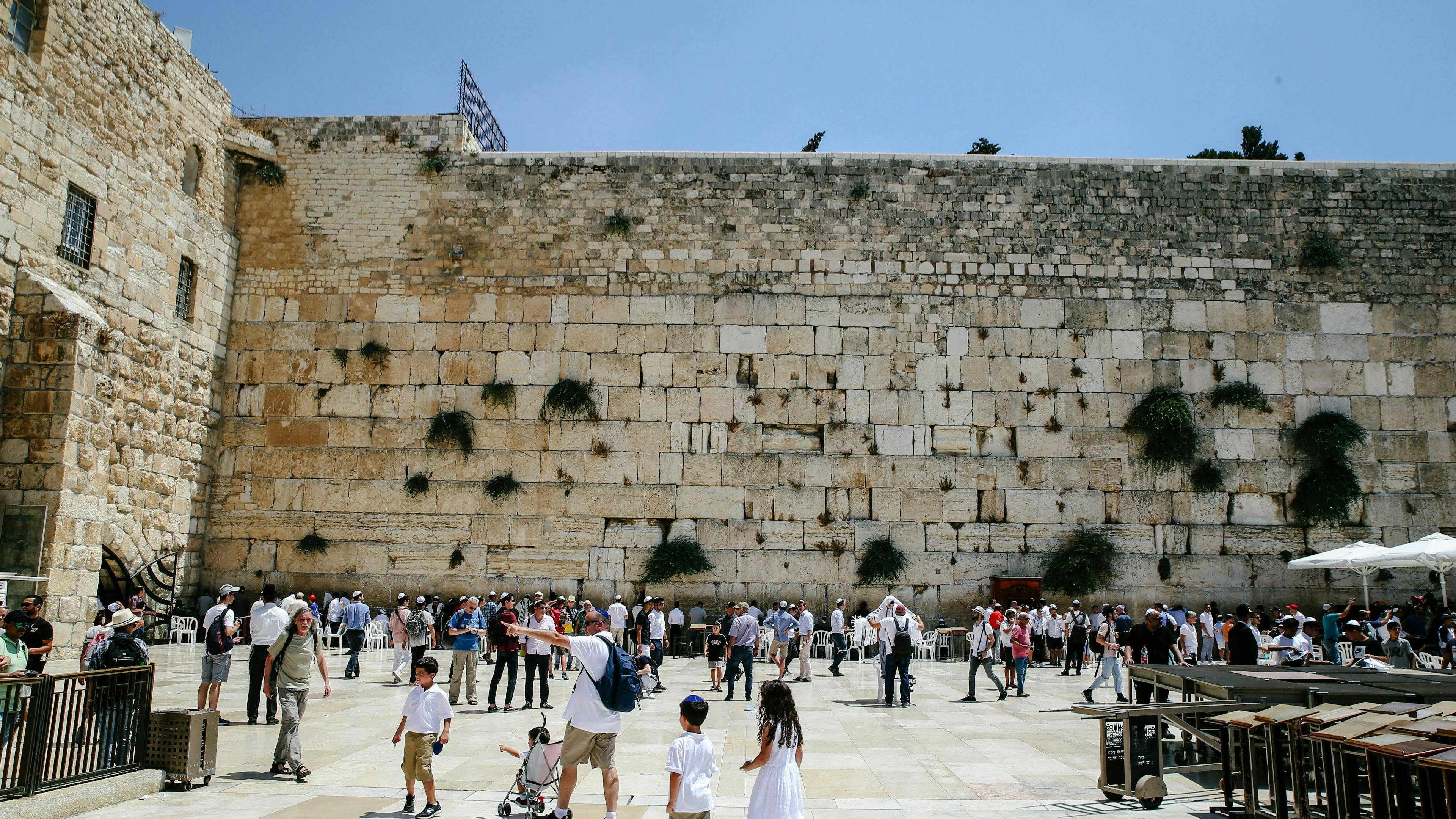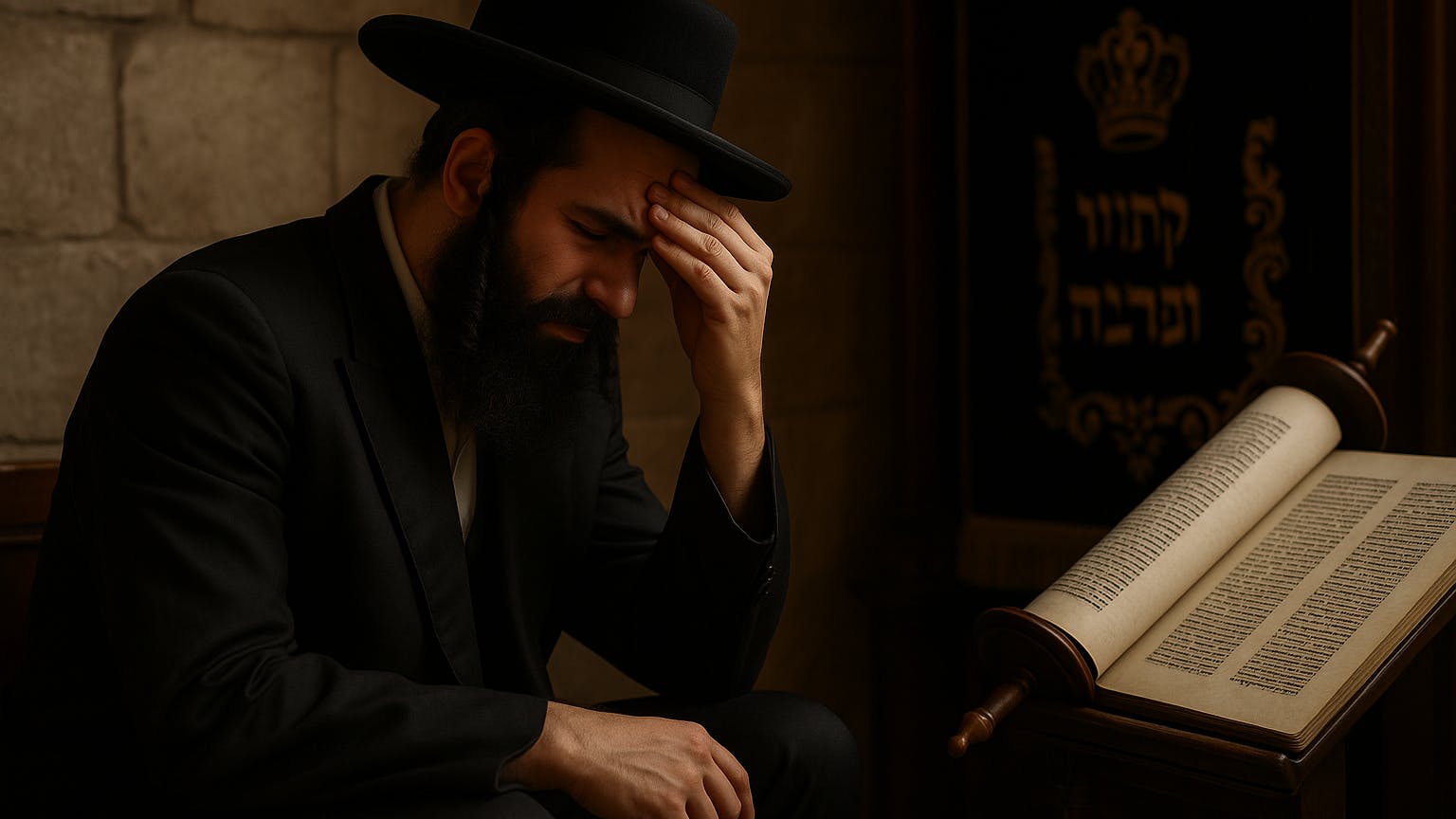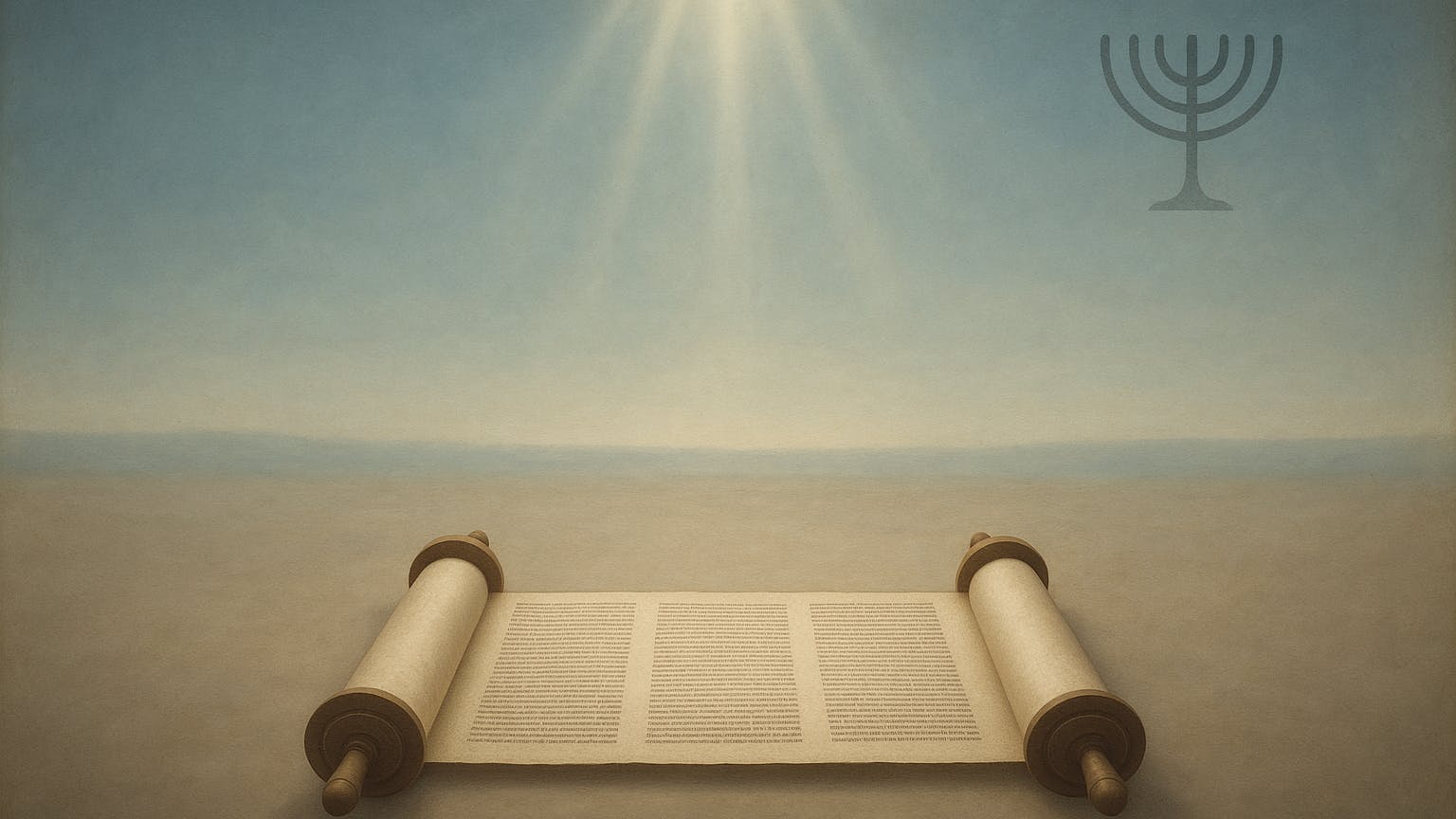When shocking and tragic events occur, how are we to process them? Nowadays, we have round-the-clock reporting on the TV and Internet, as well as a never-ending stream of commentary via social media, all suggesting to us what we should think. How indeed should we best respond, and what personal lessons should we learn?
A particularly shocking event took place in ancient Judea. A group of many Galileans - who were followers of Judas of Galilee were suddenly and brutally killed. What was especially shocking about this was that they were in the temple and in the act of offering their sacrifices when the Roman soldiers in ordinary clothing ambushed them in cold blood. It was by ruthless order of the Roman governor Pontus Pilate as punishment for rebelling against Roman rule. People were left asking did such a terrible end say something about those who had been put to death?
Another terrible thing occurred in the southern Jerusalem district of Siloam: it collapsed, and eighteen people died. This was what people might call an “accident”, although we know that all such things are in the hands of God. Again people wanted to know, was there something about these people that meant it was some kind of just retribution?
It was a question that was no doubt put to many rabbis. Some took their queries to Jesus of Nazareth. Commenting on both these events, he responded:
Luke 13:2-4
“Suppose ye that these Galilaeans were sinners above all the Galilaeans, because they suffered such things? I tell you, Nay: but, except ye repent, ye shall all likewise perish. Or those eighteen, upon whom the tower in Siloam fell, and slew them, think ye that they were sinners above all men that dwelt in Jerusalem?”
It was easy to ask about others but the questions ought to be directed towards themselves. We ought to look beyond these events and consider how what they say to us about spiritual matters. We can understand current events politically in some sense, and outward terms - but what about their spiritual relevance? What do they tell us about life and death? How should they instruct us about God and ourselves?
When people die suddenly, either because they were deliberately killed or they die for another reason like a traffic accident or a heart attack, it shows how thin the line between life and death truly is. One moment you can be alive and planning your next steps or laughing and relaxing with loved ones, and the next moment, your body is still and motionless, your spirit is no longer dwelling within your body, and your loved ones are mourning you.
Job 7:17-19
“There the wicked cease from troubling; and there the weary be at rest. There the prisoners rest together; they hear not the voice of the oppressor. The small and great are there; and the servant is free from his master.”
Yet death is not the end of your existence. God created you with an eternal soul, which faces judgment after you die.
Ecclesiastes 12:14
“For God shall bring every work into judgment, with every secret thing, whether it be good, or whether it be evil”
In Hebrews 9:27, the Holy Spirit tells us: ““And as it is appointed unto men once to die, but after this the judgment:” What happens at this judgment is that, based on your legal standing before God, a legal sentence is passed, following which you will go to heaven or hell.
These are not pleasant things to think about. We would much rather be planning our retirement in ease, as the man who said “This will I do: I will pull down my barns, and build greater; and there will I bestow all my fruits and my goods. And I will say to my soul, Soul, thou hast much goods laid up for many years; take thine ease, eat, drink, and be merry” – and God said to him:
Luke 12:18-20
“Thou fool, this night thy soul shall be required of thee: then whose shall those things be, which thou hast provided?”
But if you live in Israel today – anywhere from the kibbutzim on the border with Gaza, to Nahaliya in the north, to Jerusalem in the heart of the state, and even to suburban Tel Aviv – it is impossible to escape the thought of death.
Rocket attacks can hit anywhere in the country, and may be fired from Lebanon, Gaza, or even Yemen. Able-bodied citizens may be entering a ground war with house-to-house combat and above-ground snipers, and abductions and gunmen from below. Or one may sit in a tank that is blown up by an anti-tank missile. The events of October 7th have shattered the myth that the average Israeli citizen can blithely trust his government and army to protect him and his family.
Even in more peaceful countries, however, death is always an imminent possibility. When calamity strikes a nation, God uses this to press home the urgency of the matter.
So knowing this, what must you do before you die - which may even be today or tomorrow, or before you even finish reading this article?
1. You must acknowledge that you have broken God’s law, your heart is deceitfully wicked (Jeremiah 17:9), your thoughts continually evil (Genesis 6:3), that you are altogether sinful and corrupt and do not do any spiritual good (Psalm 14:3). This is a consequence of Adam’s fall - and the children of Israel are no exception from this. As Daniel prayed on behalf of the Jewish people, “we have sinned, we have done wickedly.” (Daniel 9:15). If your sinful heart fights against this truth, your conscience – God’s deputy within you, who keeps a record of your sins and reminds you of your guilt – will tell you that this is true.
2. You must realize that there is nothing you can do to earn righteousness before the Lord. “But we are all as an unclean thing, and all our righteousnesses are as filthy rags; and we all do fade as a leaf; and our iniquities, like the wind, have taken us away.” (Isaiah 64:6). Know that no man – including you – may be justified before the Lord while you remain in your sin (Psalm 143:2).
3. If you know your sin and inability, you must put your faith in the Messiah of Israel. This is Jesus Christ, whom the nation of Israel despised and abhorred (Isaiah 53) – and we are their children. He was promised through the tribe of Judah (Genesis 49:6), to be born in Bethlehem (Micah 5:2) of a virgin (Isaiah 7:14), and to come and die before the 490 years following the decree to rebuild the temple were complete, which is therefore around the year 33 AD (Daniel 9:27). He was promised to be rejected by the Jews (Isaiah 53) and the Jewish leadership (Psalm 118:22) – all of which came to pass. This Jesus is the divine Messiah who never sinned, and is the great prophet of Israel spoken of by Moses (Deuteronomy 18:15-20). He is the priest according to the order of Melchizedek (Psalm 110:4). He is the king of Israel and the nations (Psalm 72, Psalm 2, Matthew 27:11). He was crucified for our sins, and rose again on the third day (1 Corinthians 15:4, Mark 16:9, Romans 1:4).
4. In coming to faith, you must repent of your sin, realizing that God requires holiness, and that you must live by the faith of Jesus Christ the Son of God (Galatians 2:20), for the righteous will live by faith (Habakkuk 2:4). This means walking in obedience to God’s moral law as he revealed in the covenant of the ten commandments on Sinai (Deuteronomy 4:13), while realizing that the ceremonial law is no longer in effect (Ephesians 2:15, Colossians 2:14, Daniel 9:24-27, Hebrews 8:13), as it was in place until Christ established the better covenant (Hebrews 8, 10).
Do not wait until tomorrow to put off what your conscience knows must happen today for you to be saved. You must repent of your sins this day. You may not have tomorrow! Then you will have peace in the Lord, knowing that when you do die, you will be with the Messiah forever. As the Lord has said to our people, “Today if ye will hear his voice, harden not your hearts, as in the provocation.” (Hebrews 3:15, Psalm 95:8).
You must trust in the Messiah by faith and so be justified, laying aside your own attempts to do this by your own endeavors, which will never justify you before the Holy One of Israel.
With our minds on death, we must repent and believe the gospel of Jesus Christ before we die.
More Topics
You might alsoo be interested in these topics.




